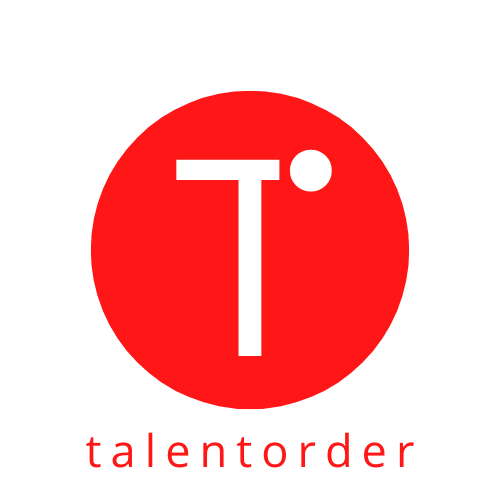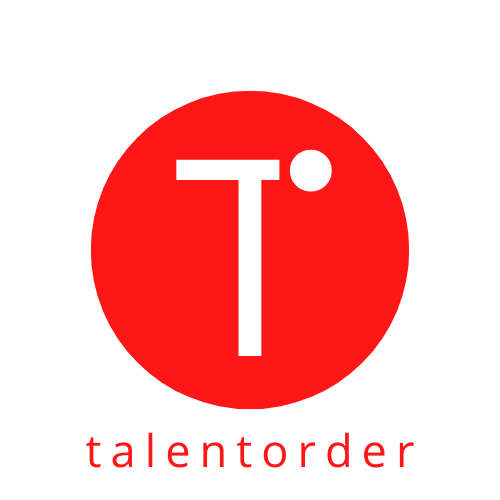The traditional landscape of work has undergone a significant transformation in recent years, with remote work emerging as a prominent and lasting trend. The advent of technology, coupled with global events such as the COVID-19 pandemic, has accelerated the adoption of remote work, bringing about a shift in how organisations approach hiring. This article explores the multifaceted impact of remote work on the hiring process, shedding light on both the challenges and opportunities that have arisen in this dynamic and evolving landscape.
1. Expanded Talent Pool
One of the most notable advantages of remote work for hiring is the expansion of the talent pool. Organisations are no longer restricted to hiring locally, enabling them to tap into a global workforce. This opens up opportunities for businesses to access a diverse range of skills and perspectives that may not be readily available in their immediate vicinity. As a result, companies can build more robust and versatile teams that bring a wealth of experience and creativity to the table.
2. Flexibility and Inclusivity:
Remote work fosters a culture of flexibility, allowing employees to tailor their work environment to suit their individual needs. This flexibility contributes to a more inclusive hiring process, accommodating individuals with diverse backgrounds, abilities, and preferences. Employers who embrace remote work are better positioned to attract a broader range of candidates, creating a workplace that values diversity and inclusion.
3. Technological Innovation in Hiring:
The rise of remote work has driven technological innovation in the hiring process. Video interviews, virtual assessments, and collaborative online platforms have become integral components of remote hiring. These tools not only streamline the recruitment process but also provide a more comprehensive evaluation of candidates. The use of artificial intelligence in screening and assessing candidates has further transformed the efficiency and objectivity of the hiring process.
4. Challenges in Team Building and Company Culture:
While remote work offers undeniable advantages, it also poses challenges, particularly in team building and maintaining company culture. Hiring managers face the task of fostering a sense of camaraderie and cohesion among team members who may be geographically dispersed. Building a strong company culture becomes more nuanced when physical interactions are limited, requiring intentional efforts to create a shared identity and values among remote workers.
5. Emphasis on Soft Skills:
The remote work environment places a heightened emphasis on soft skills such as communication, collaboration, and adaptability. As teams collaborate across time zones and cultural differences, effective communication becomes paramount. Employers are increasingly prioritising candidates with strong interpersonal skills, as the ability to work seamlessly in a virtual setting becomes a key differentiator in the hiring process.
6. Employee Well-being and Work-Life Balance:
Remote work has brought attention to the importance of employee well-being and work-life balance. Companies that prioritise the mental and physical health of their employees are likely to attract and retain top talent. The hiring process now involves considerations for a candidate's ability to manage remote work challenges, demonstrating resilience, self-discipline, and a healthy work-life integration.
To conclude, the impact of remote work on hiring is a complex interplay of opportunities and challenges. While organisations benefit from an expanded talent pool, increased flexibility, and technological advancements, they must also navigate the intricacies of team building, company culture, and the evolving expectations of remote employees. As the workforce continues to adapt to the realities of remote work, successful hiring strategies will need to blend traditional practices with innovative approaches that prioritise both skill sets and the ability to thrive in a dynamic, virtual work environment.

